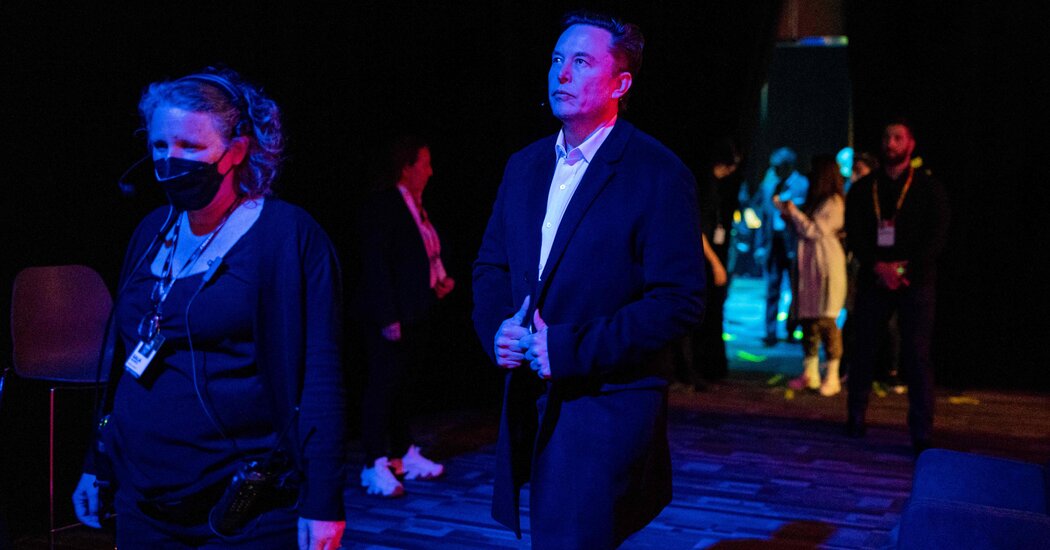Poison pills have been around for decades. Attorney Martin Lipton, one of the founders of Wachtell, Lipton, Rosen & Katz, conceived the maneuver, also known as a shareholder rights plan, in 1982. It was a way to bolster a company’s defenses against unwanted takeovers by so-called corporate raiders. such as Carl Icahn and T. Boone Pickens.
Since then, they have become part of the business toolkit in America. Netflix took a poison pill in 2012 to prevent Mr. Icahn from buying his shares. Papa John’s used one against pizza chain founder and chairman John Schnatter in 2018.
Investors rarely try to get around a poison pill by buying stocks above the company’s set threshold, securities experts say. One said it would be “financially disastrous” even for Mr Musk.
But Mr. Musk, who is worth more than $250 billion and is the chief executive of Tesla and SpaceX, rarely sets a precedent. He announced on Thursday his intention to take over Twitter, exposing an unsolicited bid of more than $40 billion. In an interview at a TED conference later that day, he objected to Twitter’s moderation policy, which regulates content shared on the platform.
Twitter is the “de facto town square,” Mr. Musk said, adding that “it’s really important that people have the reality and perception that they can speak freely within the bounds of the law.” Twitter currently bans many types of content, including spam, threats of violence, sharing of private information, and coordinated disinformation campaigns.
Mr. Musk argued that keeping Twitter private could allow more freedom of speech to flow onto the platform. “My strong intuition is that having a public platform that is maximally trusted and broadly inclusive is extremely important for the future of civilization,” he said during the TED interview. He also insisted that the algorithm Twitter uses to rank its content and decide what hundreds of millions of users see on the service every day should be public for users to check.
Mr. Musk’s concerns are shared by many executives at Twitter, who have also pushed for greater transparency about his algorithms. The company has published internal research about bias in its algorithms and funded an effort to create an open, transparent standard for social media services.

